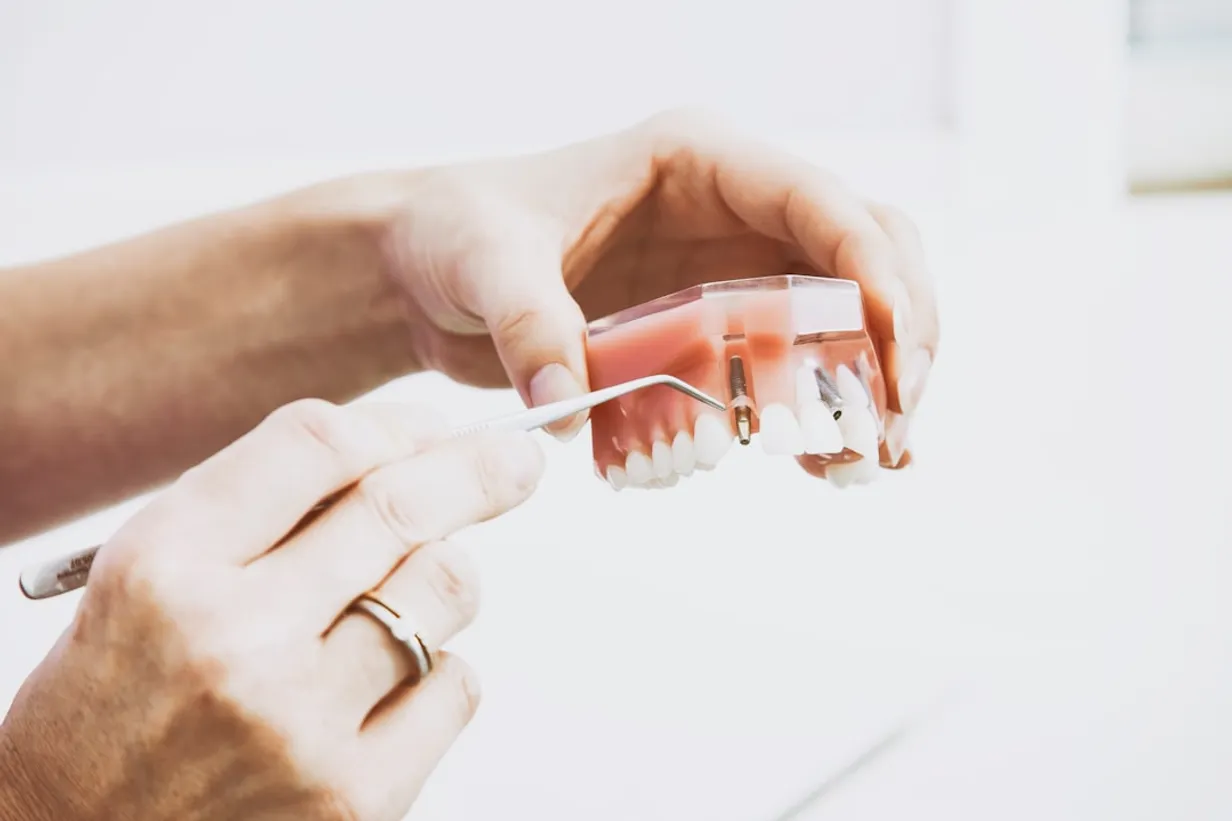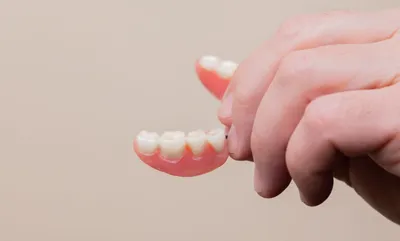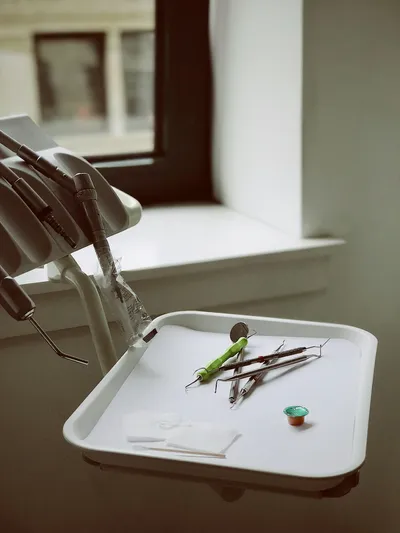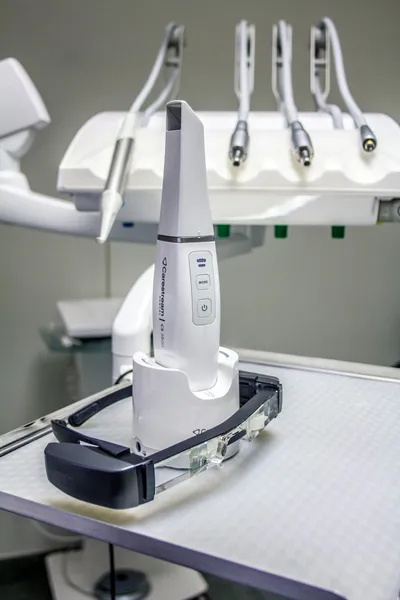
Undergoing a dental procedure can be daunting, but understanding the proper post-care can significantly impact your recovery and oral health. Here, we provide a detailed guide to ensure you take the right steps after any dental treatment.
Understanding Post-Dental Procedure Care
Post-dental procedure care involves specific practices designed to promote healing and prevent complications. Whether you’ve had a simple tooth extraction or a complex dental surgery, these practices are crucial.
Immediate Actions Post-Procedure
The initial hours following any dental procedure are critical. Here are the steps to follow:
- Avoid Eating Until the Numbness Wears Off: Consuming food while numb can lead to accidental bites and injuries.
- Take Prescribed Medications: Follow your dentist's instructions for taking pain relievers or antibiotics to manage discomfort and prevent infections.
- Apply Ice Packs: Use ice packs to reduce swelling within the first 24 hours.
Managing Pain and Swelling
Swelling and pain are common after dental treatments. To manage these symptoms:
- Ice Therapy: Apply ice packs for 15 minutes on and off to reduce swelling.
- Elevate Your Head: Use extra pillows to keep your head elevated, especially during sleep, to help reduce swelling.
- Pain Management: Use over-the-counter pain relievers such as ibuprofen, but avoid aspirin as it can increase bleeding.
Oral Hygiene Tips Post-Procedure
Maintaining oral hygiene is essential, but it should be handled delicately post-procedure:
- Gentle Brushing: Brush your teeth gently, avoiding the surgical area.
- Rinsing Mouth: Use a saltwater rinse to keep the area clean without disturbing the healing tissue.
- Avoid Aggressive Actions: Refrain from spitting or using straws, as these actions can dislodge blood clots and impede healing.
Diet Considerations
Your food choices post-procedure can significantly affect healing:
- Soft Foods: Stick to soft foods like yogurt, mashed potatoes, and scrambled eggs that require minimal chewing.
- Room-Temperature Foods: Avoid foods that are too hot or too cold, which can cause sensitivity.
- Avoid Certain Foods: Steer clear of crunchy, sticky, or hard foods that could irritate your surgical site.
Signs of Complications
While complications are rare, it's crucial to be aware of signs that necessitate a dentist’s attention, such as:
- Excessive Swelling: Swelling that worsens instead of improving after 3-4 days.
- Severe Pain: Pain that doesn't respond to medication or intensifies over time.
- Signs of Infection: Fever, pus discharge, or an unpleasant smell can indicate an infection.
Follow-Up Care
Finally, ensure you attend all follow-up appointments with your dentist. These visits are critical for monitoring your healing process and addressing any concerns.
By following the above steps and maintaining close communication with your dental professional, you can ensure a smooth and successful recovery post-dental procedure.
Popular Dental Care Guides
Discover our most popular articles that our readers find the most helpful and insightful, covering a range of dental health topics.


Related Posts
View All
The Ultimate Guide to Cleaning and Maintaining Your Dentures



